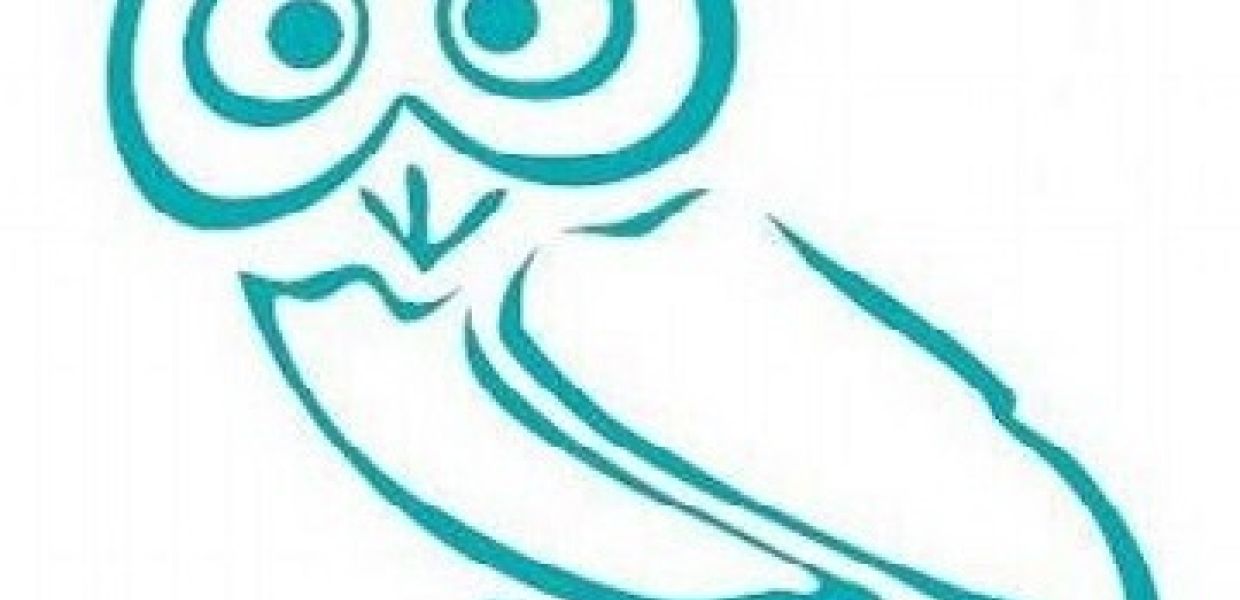Re-use of digital cultural content

By Maria Teresa Natale (ICCU, Italy) and Arlene Peukert (SPK, Germany) in cooperation with the European project AthenaPlus and the National Central Library of Rome

The topic of re-use and exploitation of digital cultural heritage will be of central importance during an international conference taking place on the 2 October in Rome. This event, hosted by ICCU, is included in the official programme of the Italian Presidency and is organised in collaboration with the European Commission, the Europeana Foundation and the European project AthenaPlus.
The Italian Presidency offers a great opportunity to frame a work plan on the topic of re-use and exploitation of digital cultural heritage in education, tourism and leisure shared at a European level. The conference will provide a space for debate and exchange of ideas in order to plot strategies for the development of digital cultural heritage as a driving force in the sectors of education and tourism. A poster session on projects, best practices and case studies will complete this international event.
Cultural institutions, research centers, education bodies, and private companies are cordially invited to submit one or more posters on one of the following topics:
- Digitisation of cultural heritage for education, tourism and leisure;
- Interoperability of systems and applications: aggregators as opportunity to involve new audiences;
- IPR, open Data, linked data, re-use: best practices in the use of open licences to foster data linking and re-use;
- Web communication and social media: effective web and social media communication examples to attract tourists;
- Digital storytelling, Transmedia storytelling: best practices and case studies;
- Usability and accessibility: examples of digital cultural products to foster accessible education, tourism and leisure;
- Transversality and Cooperation: public-private partnerships, synergies between cultural institutions, local authorities and suppliers;
- User needs analysis: how cultural institutions and creative industries monitor the needs of users and tourists to improve services.
How to participate:
If you would like to participate in the poster session on re-use and exploitation of digital cultural heritage please visit the official conference website to get more information on guidelines and editing rules. Please submit your online registration form (one for each poster) by 30 August.
